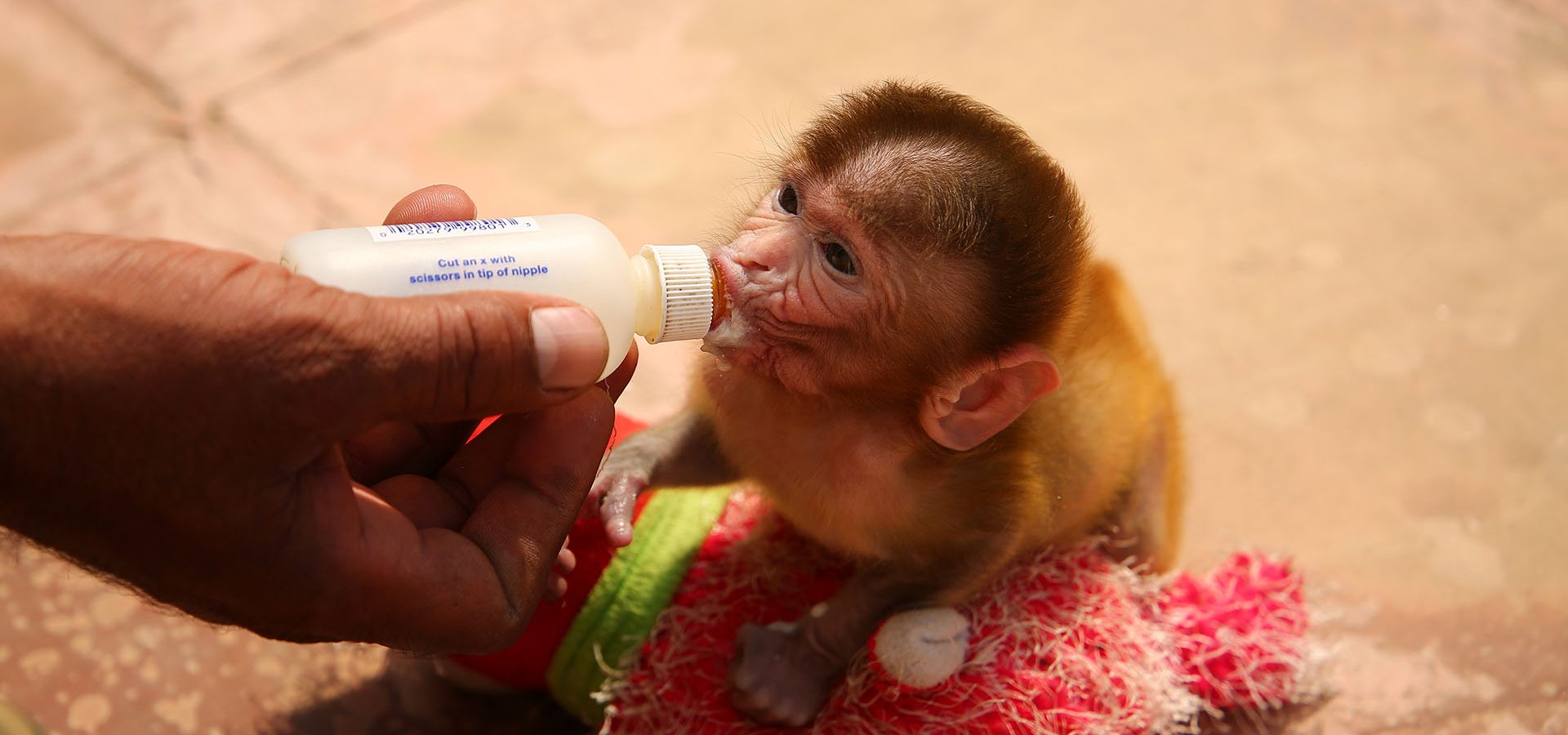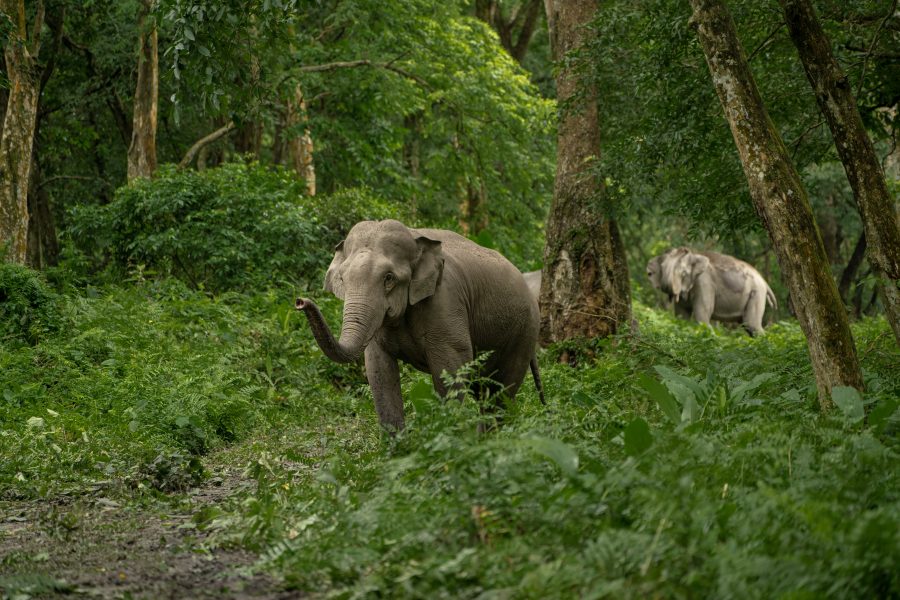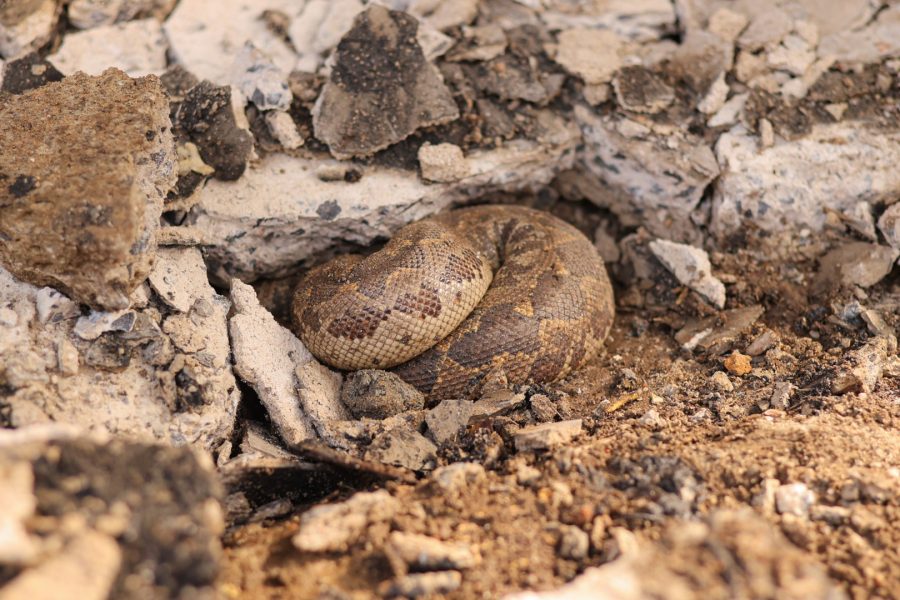With their beguiling eyes and swift movements, Rhesus Macaques can be commonly spotted swinging from one branch to another in the wild, surrounded by their troop. However, when they are driven out of their natural habitat and put in urban spaces, they are spotted jumping from one building to another, breaking into houses in hunger and exhaustion and becoming victims of vilification by humans. Indian mythology associates the Rhesus Macaque with Hindu God of strength, intelligence and loyalty, Hanuman, yet they find themselves in an increasingly disadvantageous position.
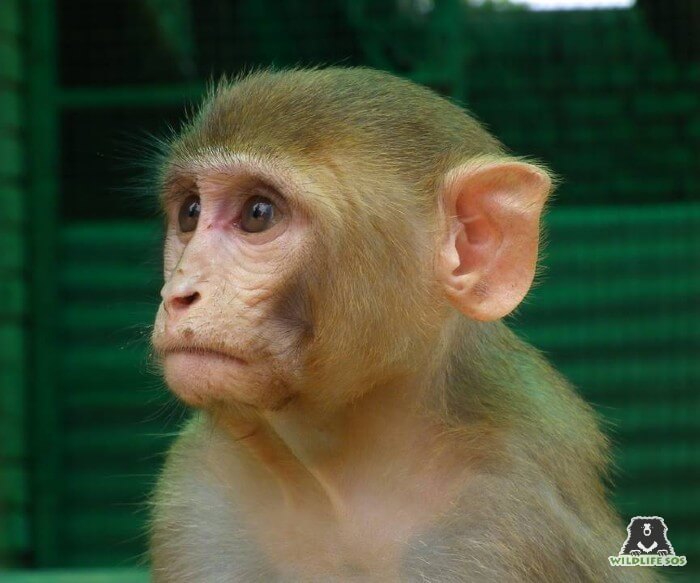
The increasing interaction between humans and monkeys does not bode well, which is why when you see a monkey, kindly refrain from feeding them for all the right reasons. As big an animal lover as you may be, when you feed wild animals, you risk their lives and increase their codependency on humans, diminishing their natural survival instinct. By law, it is a punishable offence to feed a wild animal which is why when you feed a monkey (for any reason whatsoever!), you are directly inviting a hefty fine and risking the life of an animal.
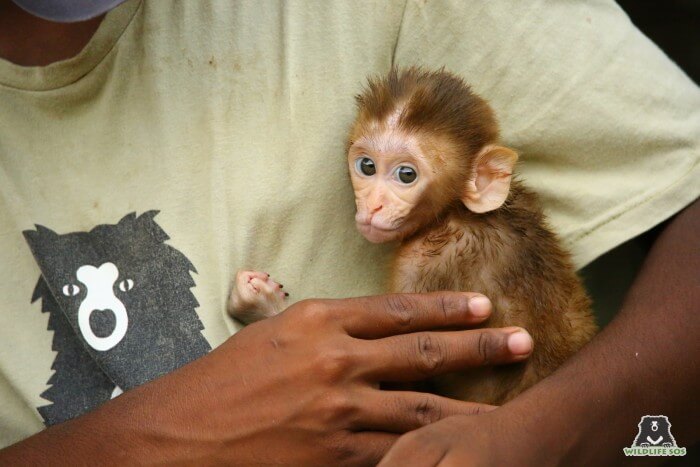
Listed below are all the reasons why you should not feed monkeys, no matter how much you wish to, unknowingly you risk their lives and invite situations of serious conflict.
- Monkeys play an important role in maintaining healthy forest ecosystems. They aid the process of seed dispersal as their diet consists majorly of fruits. When habituated feeding leads them out of their natural habitat, it also affects the health of the forests and alters their foraging patterns.
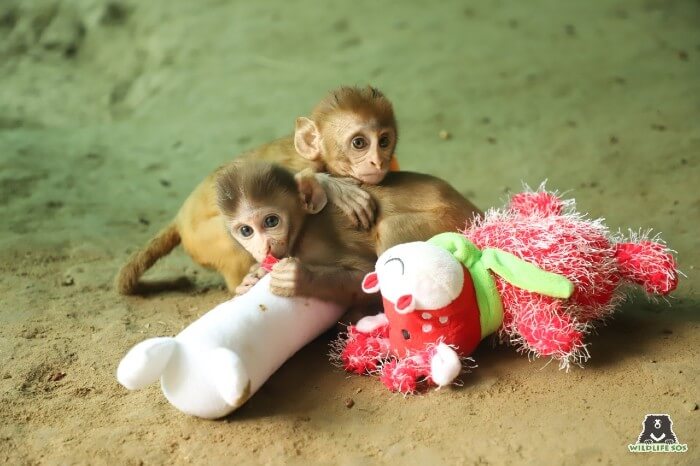
2. By feeding monkeys, you lure them out of their natural habitat into the cities. This directly increases their chances of becoming victims of roadkill by speeding vehicles on roads and highways. Injured monkeys are banished from their troops and most of the times, do not receive proper medical care. They end up with permanent injuries and disabilities, making survival difficult all alone. Dead mothers leave behind orphaned baby monkeys that are barely a few weeks old and are unable to survive on their own. They either end up getting attacked by other animals or falling prey to ruthless accidents.
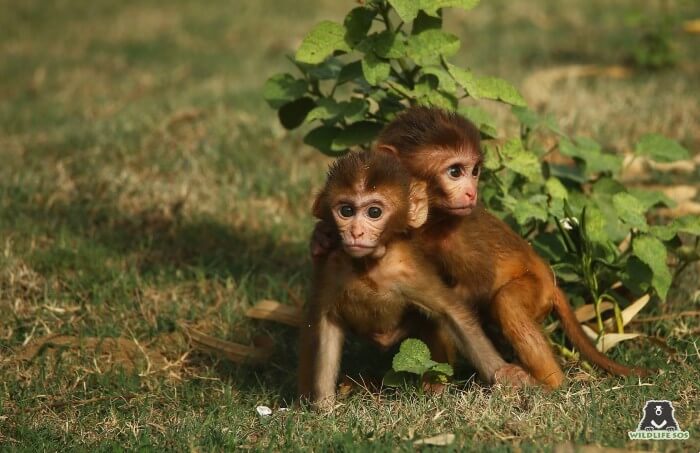
3. When spotted in urban spaces, monkeys can be seen swinging from high voltage cables, which is life-threatening for them. A minor shock can paralyse their entire body and instantly kill them!
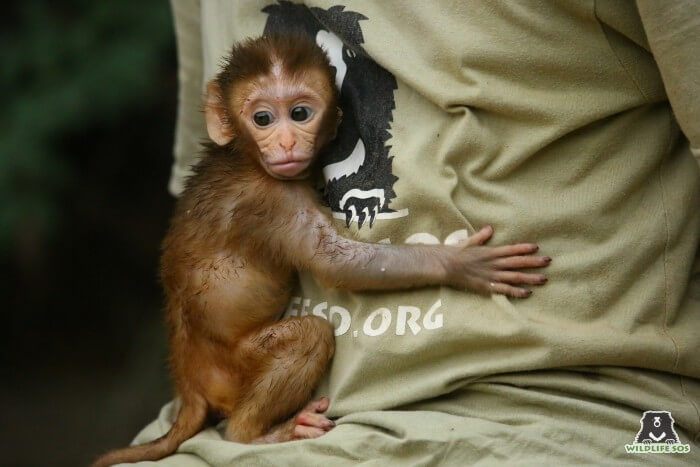
4. Rise of incidents of monkeys attacking humans when food is refused to them, directly leading to monkeys being villainized by local communities.
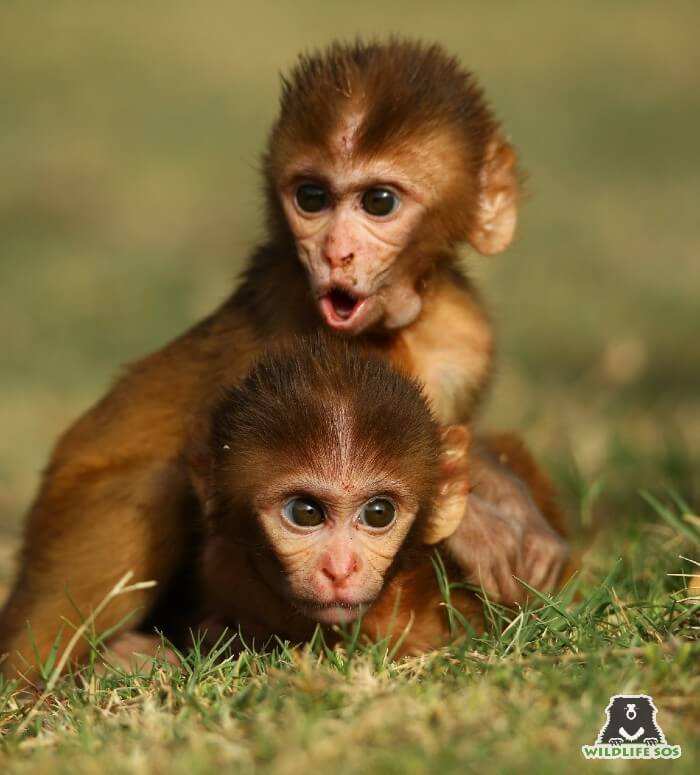
5. Taking advantage of the Gray Langurs and the Rhesus Macaques age-old rivalry, poachers capture Gray Langurs so they can be used to chase away Rhesus macaques. Since the Langur is protected by the law, it is a punishable offence to use them for any commercial purpose.
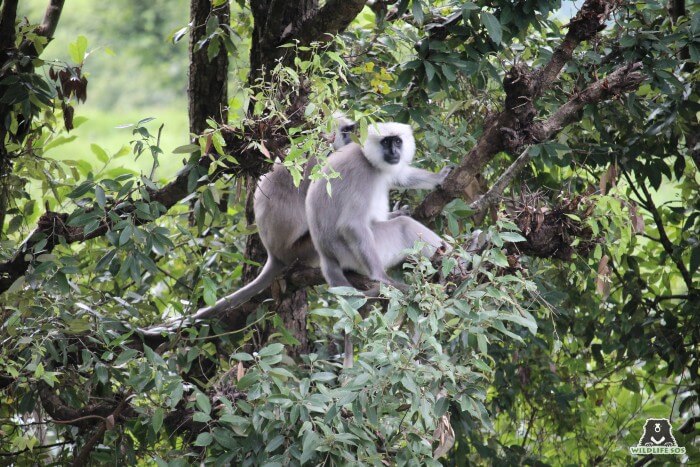
6. Once driven out of their natural habitat, monkeys are abused for the entertainment industry as well and you will spot them along the roads, tethered at the end of a two-foot-long rope. They will be seen performing tricks that are unnatural to them, while wearing heavy adornments such as costumes and make-up.
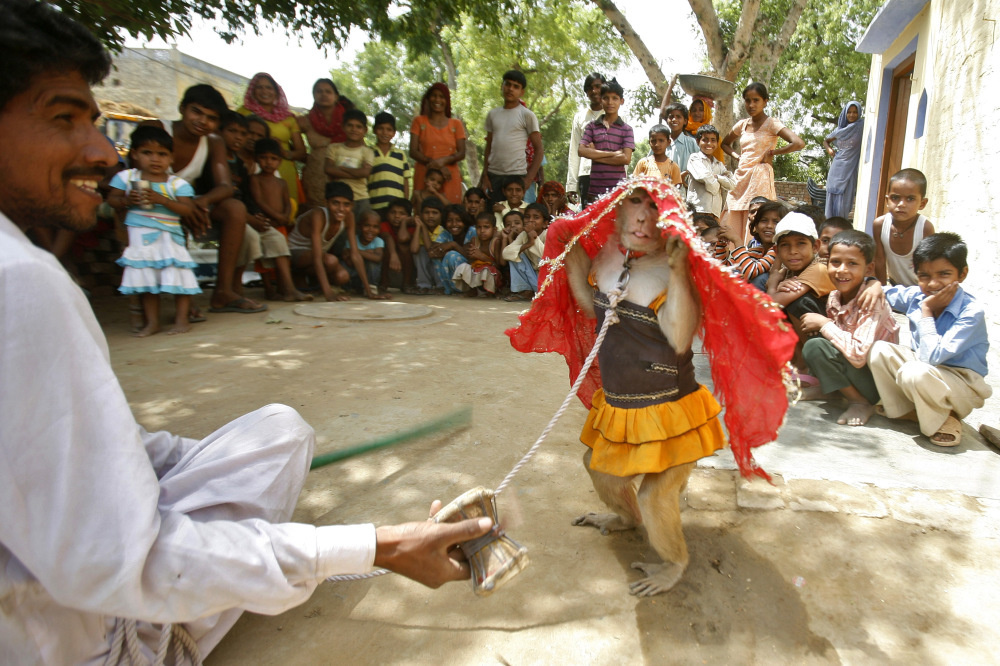
7. The constant interaction between humans and monkeys also increases the risk of disease transmission from one species to another. This, not only, puts humans at a serious risk but also dwindles the population of monkeys in the wild.
The Wildlife SOS Rapid Response Unit, operating out of Agra and Delhi National Capital Region, receives regular distress calls of injured monkeys – attacked by stray dogs, humans or brutally electrocuted. Our animal care staff has also attended to orphaned baby monkeys, who cling to their mother’s bodies in fear and starvation and require lifetime care.
Please do not feed monkeys as you contribute to the increasing incidents of conflict and deplete their natural instinct to survive in the wild.

